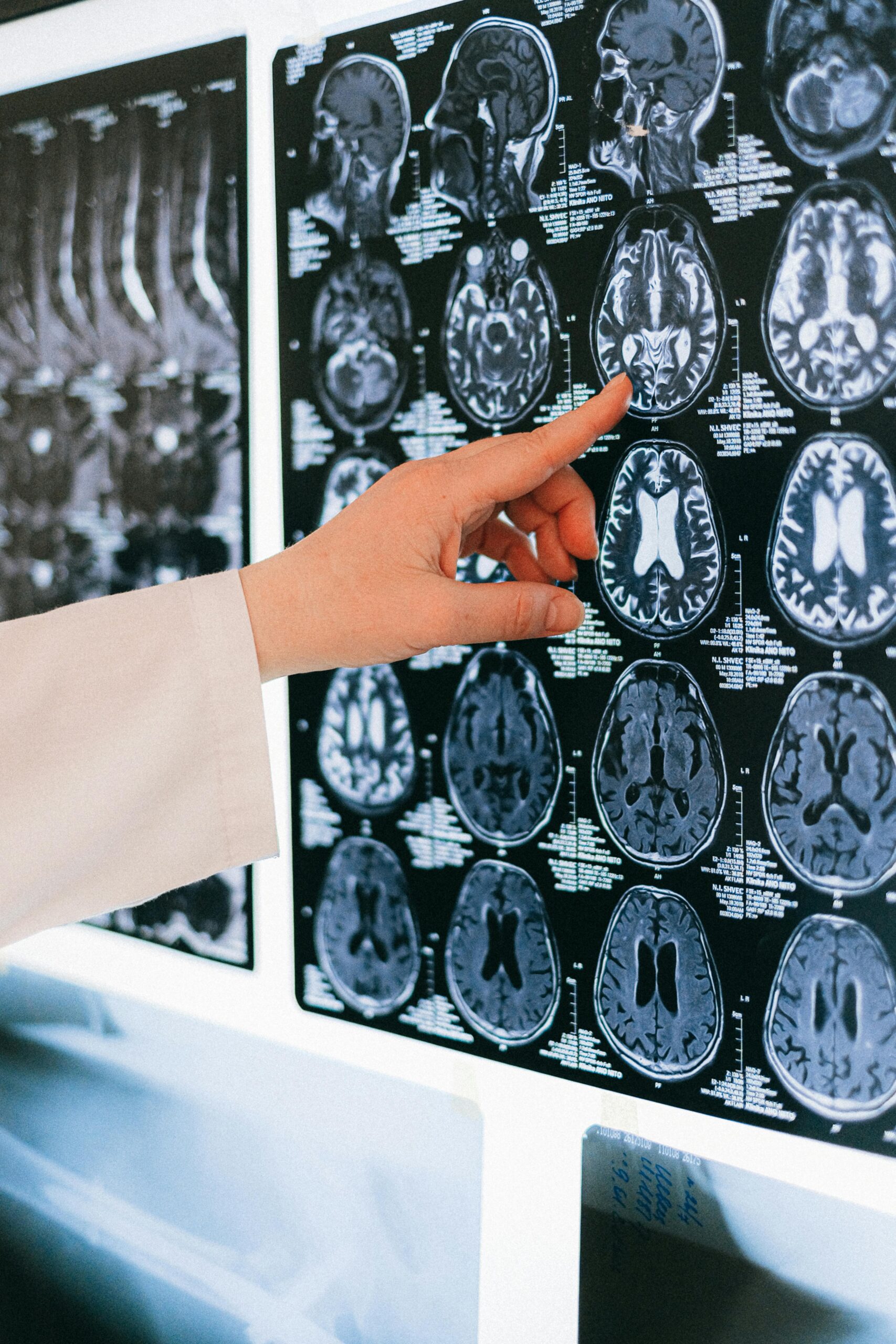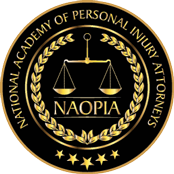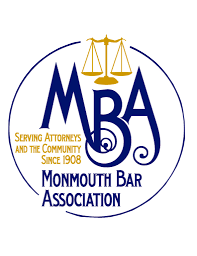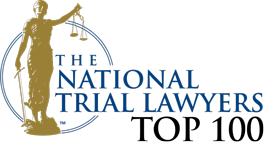A traumatic brain injury (TBI) is a consequence of an external force inflicting injury to the brain. These injuries often occur as a result of a severe sports injury, fall or a motor vehicle accident where the head sustains a sudden impact. The intensity of a TBI can range from mild to severe with symptoms varying accordingly.
Cognitive symptoms of TBIs
One who suffered a traumatic brain injury may have one or more of these cognitive or behavior symptoms:
- Changes in mood or behavior (e.g. frustration, irritability, combativeness)
- Feeling anxious or depressed
- Changes in sleep patterns
- Confusion or disorientation
- Problems remembering, concentrating or making decision
- Loss and/or decrease of consciousness
Physical symptoms of TBIs
One who suffered a traumatic brain injury may have one or more of these physical symptoms:
- Headache
- Blurred vision
- Seizures
- Nausea and vomiting
- slurred speech, weakness in extremities and face
- Loss of balance
- Light-headedness, dizziness, vertigo
- Hearing problems such a ringing in the ears (e.g. tinnitus)
- Unexplained bad or metal taste in mouth
- Sensitivity to light and sound
Diagnosing TBIs
Any signs of a brain injury should be evaluated immediately. Typically in the emergency room after an accident diagnostic testing will be conducted such as a CT scan of the brain which can quickly visualize things such as fractures, bleeding, blood clots, bruising or swelling, however, not all traumatic brain injuries show up on a diagnostic test. In fact, studies show that about 80% of TBIs cannot be seen on an MRI or CT Scan.
As seen by the NFL’s improved concussion protocol, there are a series of tests performed on the side line to determine whether the player has suffered a traumatic brain injury of some degree. These are just initial tests performed and more severe injuries would naturally need further diagnostics not capable of being performed at field level.
TREATING TBIs
There are medications to treat symptoms, however, more severe TBIs in which the individual has suffered cognitive deficits would likely require treatment by a neurologist, neuropsychologist and/or neuro-ophthalmologist who can provide different types of cognitive, vestibular and/or biofeedback therapies to name a few. Surgeries may be required in the most severe emergency situations.
Michael Williams at the Law Offices of Michael S. Williams Fight for the Rights of his clients Who Have Suffered a TBI
Michael successful tried a traumatic brain injury pedestrian hit motor vehicle accident case which resulted in a 2016 New Jersey Top Jury Verdict in the matter of Lewis v. Milliman. The lawyers at the Law Offices of Michael S. Williams do not shy away from the more difficult cases. To learn more call 732-351-2800 or contact us online to schedule a free initial consultation. Our offices are located in Tinton Falls and New Brunswick, New Jersey and we serve not only clients in Monmouth and Middlesex County, but throughout the state.













